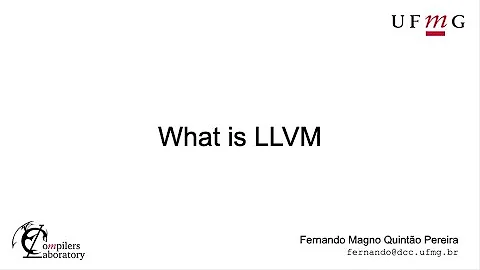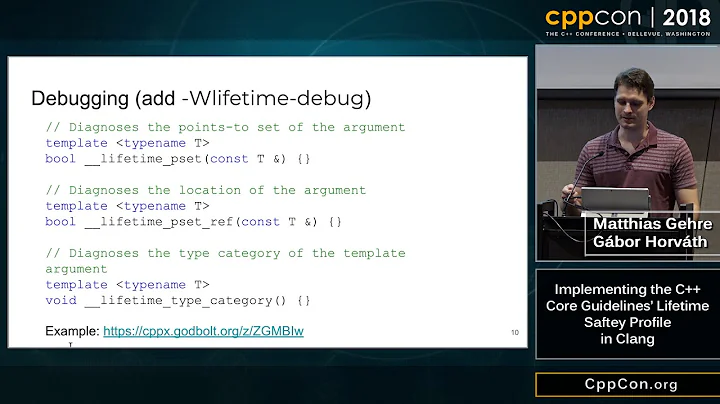What is the difference? clang++ | clang -std=c++11
Solution 1
Technically, neither of the programs named clang or clang++ is a compiler: they are both drivers that analyze the input arguments and determine what compilers/assemblers/linkers to invoke on what files with what command line arguments. The only difference between the two is that clang links against only the C standard library if it performs a link, whereas clang++ links against both the C++ and C standard libraries.
The -x=<language> option overrides the driver programs' heuristics for determining source file language, it directs the driver to invoke the compiler for <language> regardless.
The -std=<dialect> option picks which dialect of a particular language you want to use. If you need to ensure that your C++ program is portable to an old C++98 compiler, you can compile it with -std=c++98. -std only applies to the target language: it won't try to compile e.g. assembler or java as C++98, only source files that the driver believes to be C++.
In short, there are two different driver programs to make it easy to select which libraries to link against. There are reasonable use cases for compiling C++ but not linking against the C++ standard library.
Solution 2
Clang is the name of the whole compiler.
However, from a command-line point of view:
- Clang is the C compiler
- Clang++ is the C++ compiler (like g++ is a C++ compiler, whereas gcc is a C compiler)
The -std=c++11 option enables the new C++11 standard (as in g++).
Related videos on Youtube
djwbrown
Updated on November 19, 2020Comments
-
djwbrown over 3 years
I had been erroneously using this command, which failed at the link step:
$ clang -std=c++11 -stdlib=libc++ myInputFile.cppCan anyone explain why clang provides a C++ language option, and why it fails to link? Why don't the options
-x c++or-std=c++11accomplish the same thing asclang++? Thanks!-
djwbrown over 10 yearsWhat's up with the downvotes? Yes, I understand that clang++ is just a link to configure clang for C++. That's not my question, please look again. If it's so simple please just answer rather than downvote.
-
 Pascal Cuoq over 10 yearsThis question in its 4th revision is a perfectly valid question that I do not see any reason to vote to close or to downvote. It is a “Why…?” question but its scope is small enough that there is hope a generally agreed-on rationale will be offered as an answer.
Pascal Cuoq over 10 yearsThis question in its 4th revision is a perfectly valid question that I do not see any reason to vote to close or to downvote. It is a “Why…?” question but its scope is small enough that there is hope a generally agreed-on rationale will be offered as an answer. -
Eric Postpischil over 10 yearsShould
std=c++11 stdlib=libc++in the question be-std=c++11 -stdlib=libc++? -
Eric Postpischil over 10 yearsWhat error message do you get when you try to link? Are you linking with the command in the question or a different command?
-
djwbrown over 10 years@EricPostpischil You are correct; that's what I get for not copy/pasting. I've edited the question one last time to reflect that.
-
-
djwbrown over 10 yearsBut, why offer a C++ option flag with the C compiler? That's my main question.
-
mah over 10 yearsTo remain compatible with the way
gccdoes things. -
Benjamin Bannier over 10 years@djwbrown:
clangwill likely figure out when it runs on C++ code and successfully produce an object file. The difference betweenclangandclang++shows up when it tries to link your object files where C++ requires a different set than C.clangwill try to link C, andclang++C++ code. -
djwbrown over 10 years@BenjaminBannier that helps, but why bother giving you the -x or -std= flags if they don't change the linker to the correct language as well?
-
 LIU Qingyuan over 3 yearsIt is similar to gcc vs g++, isn't it?
LIU Qingyuan over 3 yearsIt is similar to gcc vs g++, isn't it?










